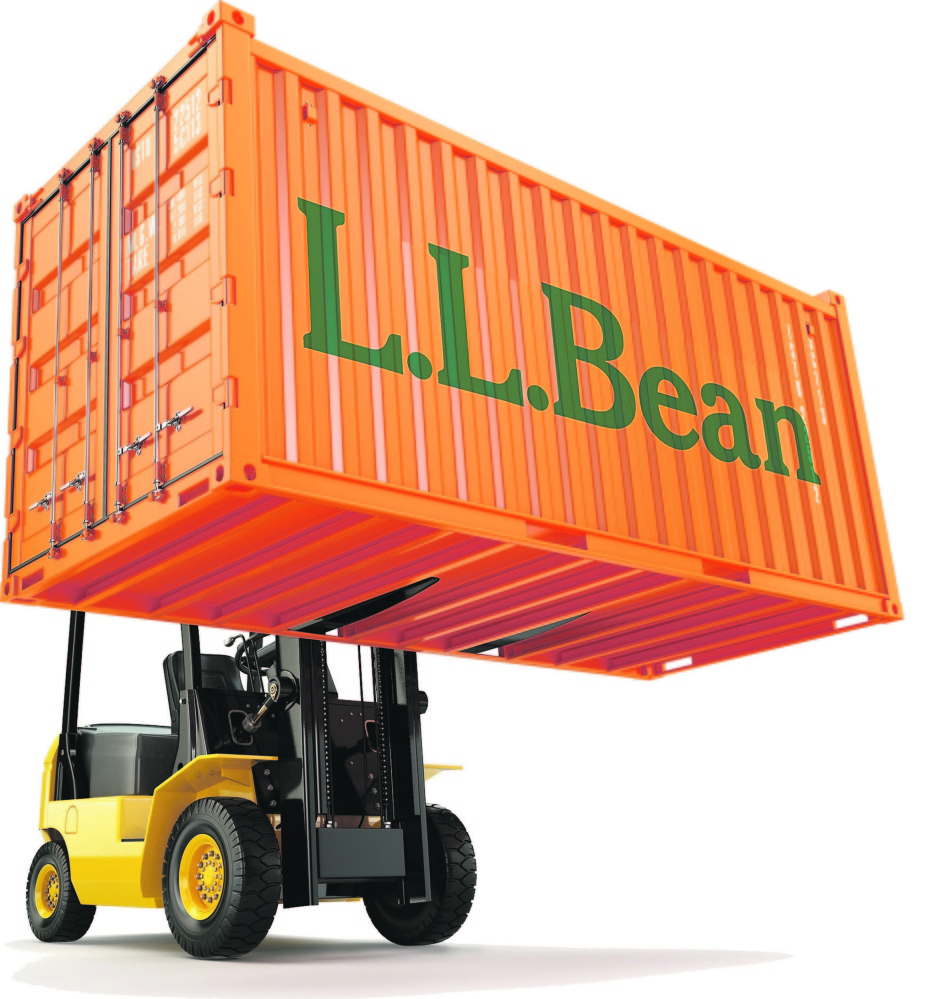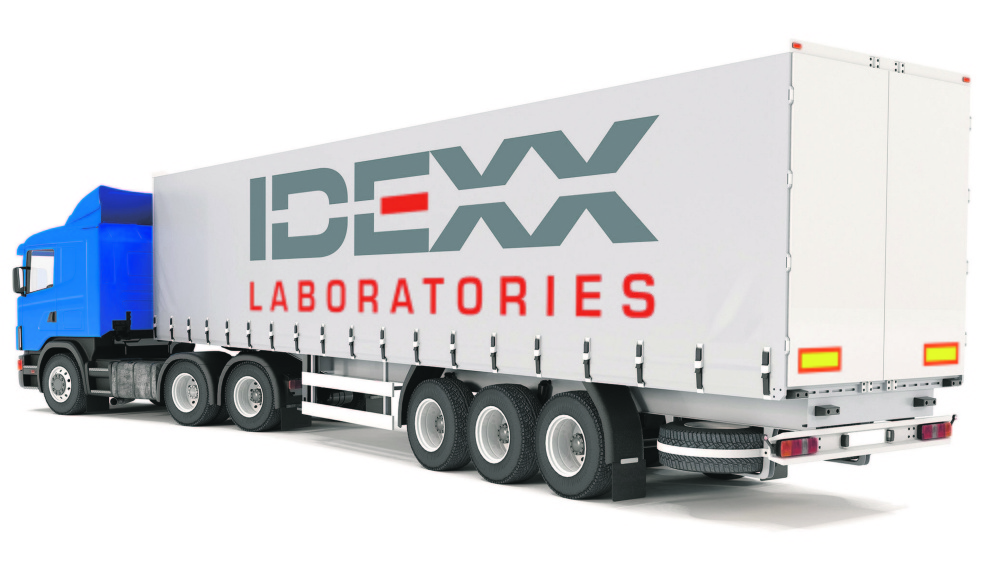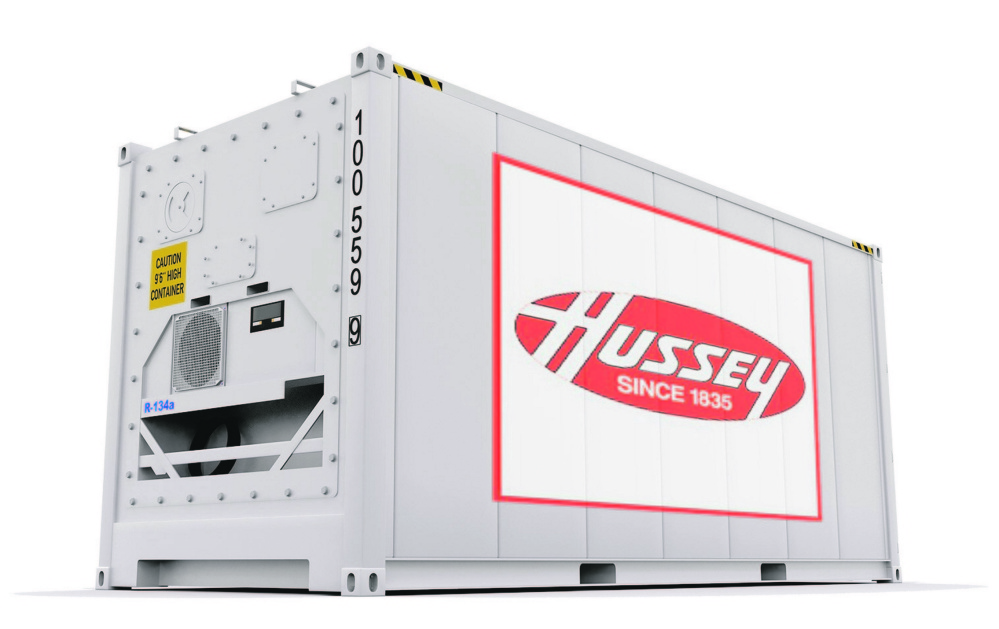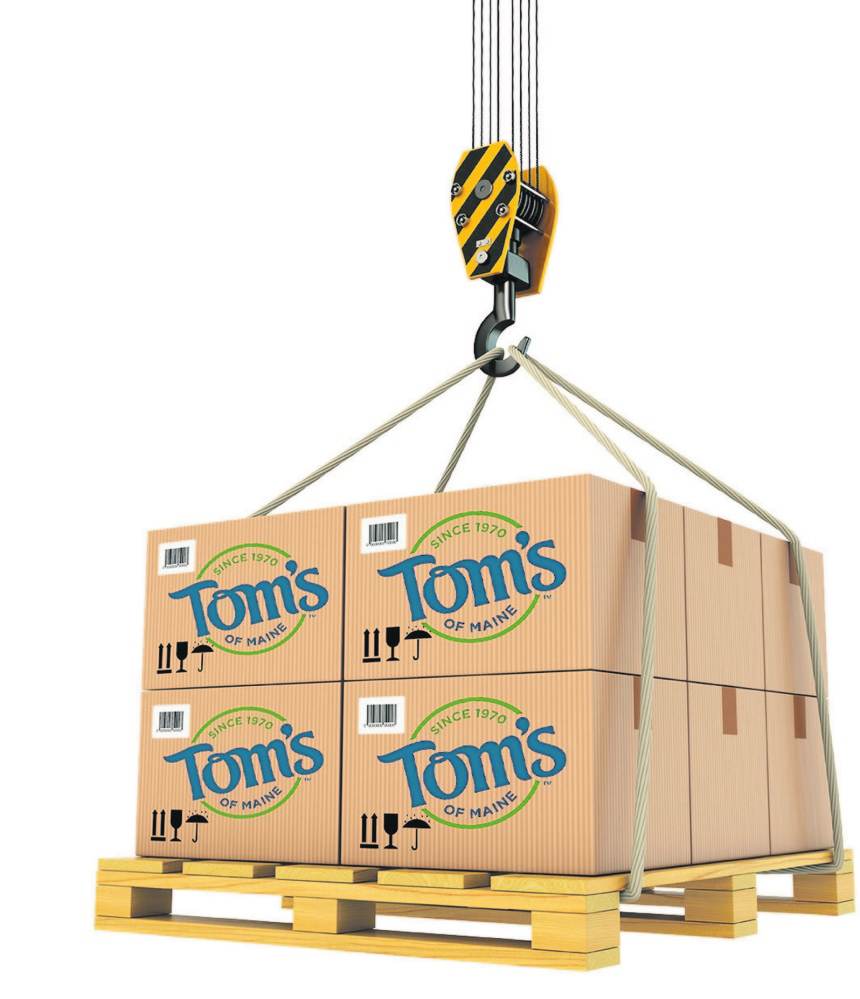Maine has been living with two economies for decades. One has been steadily declining, while the other is quietly rising.
From our earliest beginnings, as a state, our economy was built on a solid and dependable foundation of family farming, forestry, fishing and, more recently, manufacturing. It is an economy that is tightly woven into the character and fabric of the state.
Its decline, driven mostly by mechanization, transportation advances and global competition, has caused a long and painful recession in large swaths of Maine.
Meanwhile, our next economy has been slowly but steadily emerging and is now accelerating. It is an economy less dependent upon natural resources and driven by innovation and entrepreneurial energy that is creating new products that bolster Maine’s brand and our reputation for wholesomeness, dependability and quality.
The decline of the old economy has been particularly difficult for people who live north of Portland and away from the coast and who lack education, training and technical skills.
It hasn’t always been this way. In my central Maine family, hard-working people with limited education but with a desire to make a better life for themselves and their children could walk out of high school and into a good life with jobs in the mills or in the businesses that surrounded them. College graduates earned a virtual guarantee of a secure job without mountains of debt.
All of that made it possible for Mainers to buy homes, build camps, get newer cars and enjoy a better life. It was easy for them to believe in an even brighter future for their children.
Then it began to erode before their eyes as changes swept through Maine like a cold February wind. The textile and shoe mills moved away, followed later by many of our paper mills. Machines began to replace workers and farmers. Downtown retail economies withered against new national competition. And a slow decline began to set in.
The brief period when large numbers of working-class people could climb their way into the more comfortable middle class with lower-skill but high-wage jobs is now all but over. And that has left the children and grandchildren of that era wondering what will come next.
In the search for answers, we’ve spent far too much time trying to prop up the old economy in order to bring back yesterday’s jobs. Or looking to our southern horizon for big companies that might move to Maine and save us.
In the hardest-hit regions of Maine, where despite, falling populations, there are still more people than jobs, we’ve increasingly turned to government to reduce the sting of hard times through expanded social programs and by providing government jobs in schools, university campuses, state offices and road construction.
All of that has allowed us to tread water but has done little to grow the next economy. It turns out that waiting for the clocks to run backward is not much of a winning strategy. In our case, it’s been a dismal failure.
Today, we’re seeing the full effects of a weakening economy. Young people leaving. More grumbling among businesses. Deeper divisions in our politics. And drug abuse and crime where little of either once existed.
Increasing public frustration and fear have produced a wave of angry politicians who are making our problems worse by sending downbeat and destructive messages about Maine to the world.
“It’s impossible to grow a business here,” say too many of Maine’s leaders. “Maine workers are either unskilled or lazy.” “Regulations are onerous.” “The state is overrun with welfare cheats.”
If you owned a business in another state and were looking to relocate to a safe and beautiful place to grow your company and raise a family, why in the world would you want to be in a state whose leaders speak about it in that way? They’re telling you to stay away.
Look at every successful person or company or economy and what you will see is optimistic, resourceful, determined people. They try things. Sometimes they fail, but they seldom quit. Over time, they generally find a way to succeed and to bring others along with them.
The good news is that there are now thousands of people in Maine who are hard at work building a new economy and a new prosperity for Maine. They share some common traits by embracing the power of positive action, hard work and personal responsibility. They aren’t consumed with anger and discouragement because they’re too busy doing things. And they see Maine’s glass as more than half full of great potential.
These are the pioneers of Maine’s next economy.
Over the last few years, that economy has been growing, particularly in farming and foods, renewable energy and technology, and now it’s spreading to other sectors.
The book that this series is based on, “Maine’s Next Economy,” includes profiles of 25 companies that are on the leading edge of that change. Some are older companies that have reinvented themselves, like L.L. Bean and Hussey Seating. Others arose from a wave of growth over the last few decades, including companies like Tom’s of Maine and IDEXX. Many others are part of a new surge of startups and fast-growing companies that will become tomorrow’s leading employers.
While they mostly work apart from each other, what most of these companies have in common is this: They want Maine to become a fertile place for startups and small businesses to grow and a magnet for innovators from around the country and the world.
Many of us today have forgotten that Maine has been an innovative and entrepreneurial state for hundreds of years. Innovation is part of our DNA and why we virtually invented Yankee ingenuity.
The question we face now is how to rekindle that innovative spirit to accelerate the growth of the next economy.
We could start by acknowledging some realities that we’ve been afraid to say out loud. Our economy is stuck because we spend too much time looking backward and not nearly enough looking forward.
If we focus on the future, here are some of the things we’ll see:
• Most of yesterday’s jobs are not returning.
• We’re not going to lure jobs from away. We have to grow them here.
• In the future, we’ll be creating more of our own jobs and applying for fewer of them.
• We won’t grow prosperity by circulating the same dollars around and around. We need to create more Maine products that we can sell to the world, including in tourism.
• Everyone in the next economy is going to need more education, training and technical skills, including especially in how to create and grow businesses.
• Government will need to shift its emphasis from chasing smokestacks to helping thousands of small startups, innovators and entrepreneurs who are already here – or would come here if we create a supportive environment for them.
That’s how we can bootstrap our way to a new prosperity.
Next week, we’ll look at how Maine’s innovators have responded to a changing economy in the past and what we can learn from them.
Send questions/comments to the editors.






Success. Please wait for the page to reload. If the page does not reload within 5 seconds, please refresh the page.
Enter your email and password to access comments.
Hi, to comment on stories you must . This profile is in addition to your subscription and website login.
Already have a commenting profile? .
Invalid username/password.
Please check your email to confirm and complete your registration.
Only subscribers are eligible to post comments. Please subscribe or login first for digital access. Here’s why.
Use the form below to reset your password. When you've submitted your account email, we will send an email with a reset code.